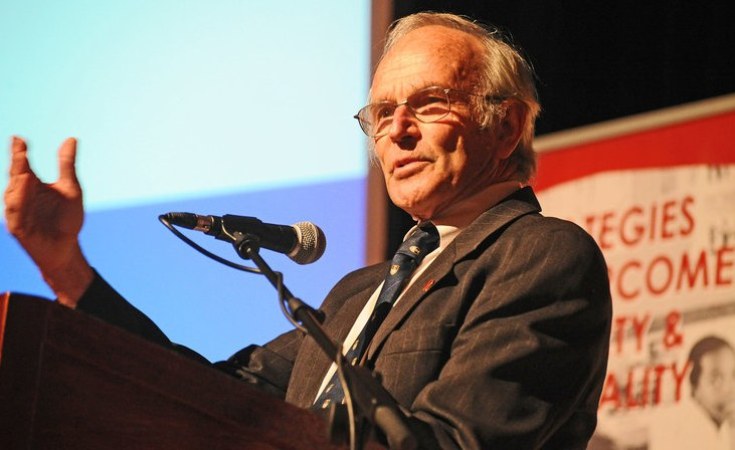Cape Town — Poverty and inequality are named routinely among the key challenges facing South Africa today. This week a conference begins in Cape Town to consider not only the experiences and causes of inequality, but to explore practical strategies - policies and actions - that can reduce inequality and poverty in both the short- and long-term.
Dubbed "Towards Carnegie III", the conference has deep roots - reaching back to 1929 when the Carnegie Corporation of New York funded the first inquiry into poverty in South Africa - among poor whites.
The five-volume study, published in 1932, analysed the causes of white poverty and proposed solutions. These were effectively "hijacked" by the National Party in its rise to power and influenced the design of apartheid - as an anti-poverty programme for whites, says Francis Wilson, convenor of this year's conference and Pro Vice Chancellor, Poverty & Inequality at the University of Cape Town.
Half a century later a second Carnegie inquiry was launched. It sought to redress some of the damage done by the first study, and examined the extent and impact of poverty among all South Africans.
This two-year study, from 1982 to 1984, found that black rural poverty was more extensive and devastating than was previously known.
The findings were published under the title, "Uprooting Poverty: The South African Challenge", written by Francis Wilson and Mamphela Ramphele, a medical doctor and activist, who went on to become the first black female vice chancellor of a South African university and a managing director of the World Bank.
This week's conference will be the beginning of a new three-year process.
In an effort to find new ways of combating poverty and inequality, papers will be presented by participants from universities, non-government organisations, trade unions, government, faith-based organisations and the business sector.
The conference will focus attention on the difficult policy choices facing South Africa. These include questions such as:
- Should the government promote further urbanisation or seek to stimulate growth in rural areas?
- What would be the consequences of a widespread subsidy to the youth wage?
- Is increased tariff protection a feasible way of generating more jobs in the country? At what cost?
- What practical steps can be taken in the short run to meet the challenges of literacy and numeracy in so many of the country's primary schools?
Key themes of the five-day gathering include macro-economic policy, unemployment and labour, education, legal frameworks, entrepreneurship, social protection and welfare, public safety and violence, land and agriculture, towns and cities, environment and resources, health issues, and migration.
The intention is that this conference will generate ideas and map priorities for research within a network of South African universities over the next two years, as part of a longer Carnegie III process, culminating in another major conference.


